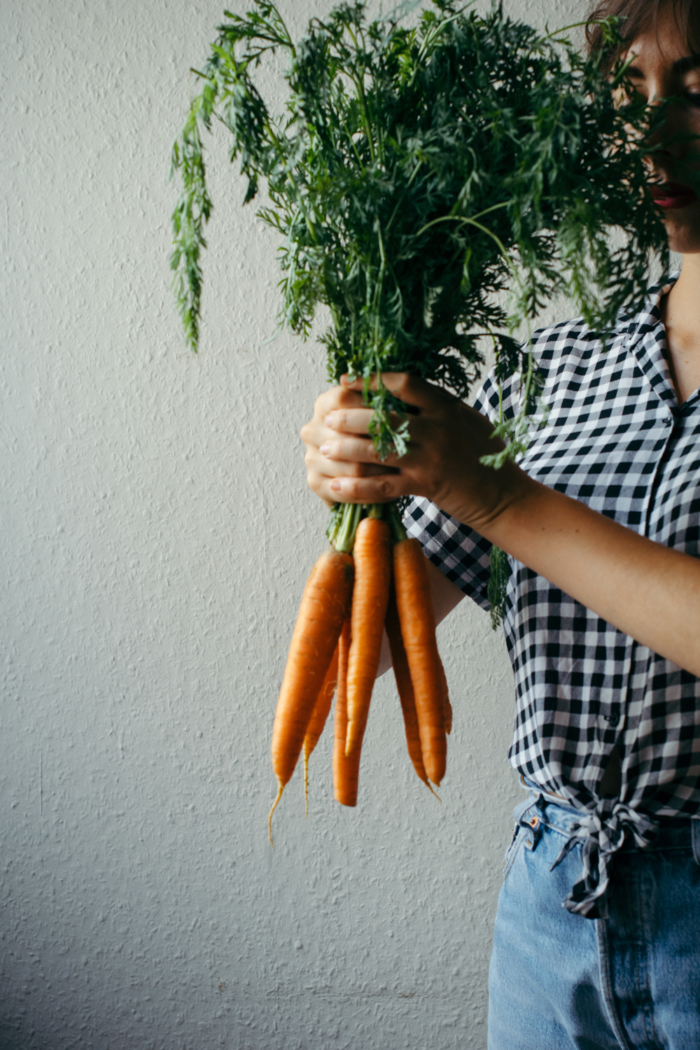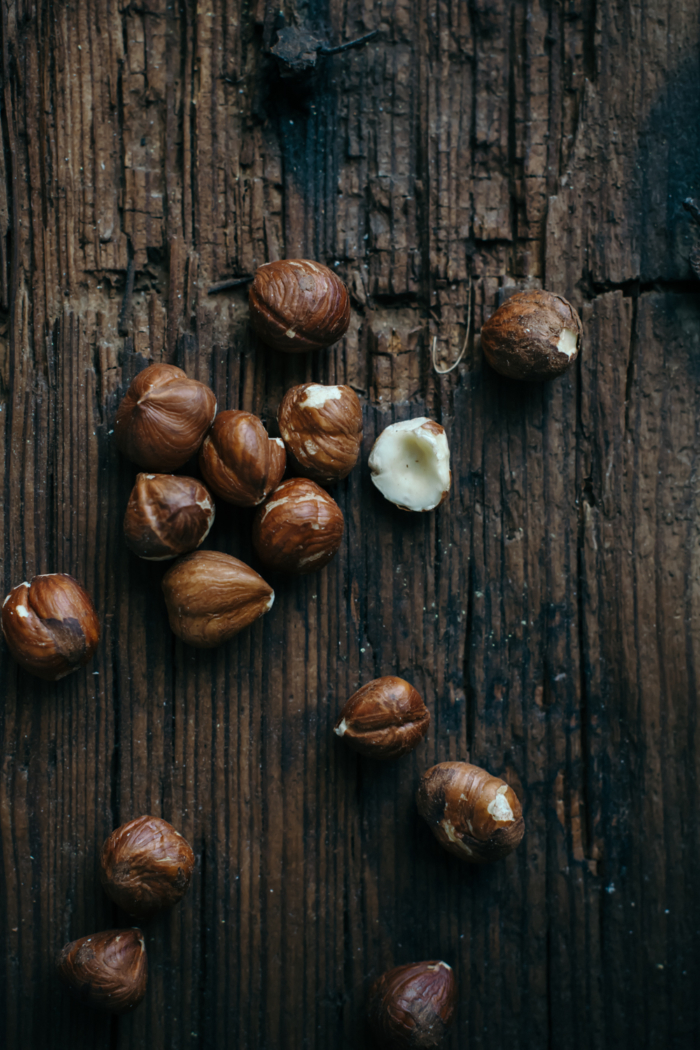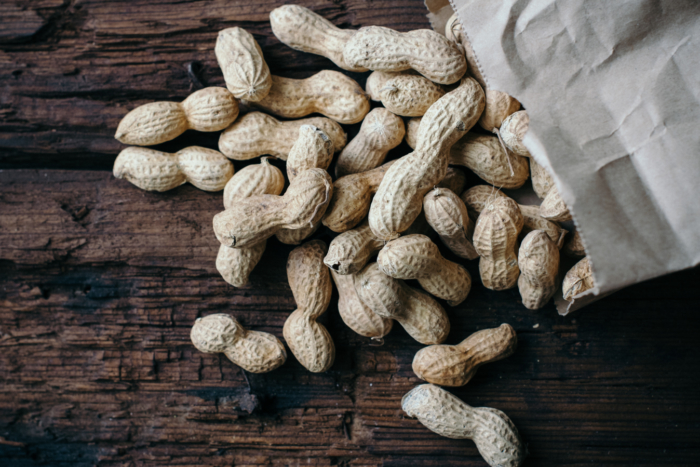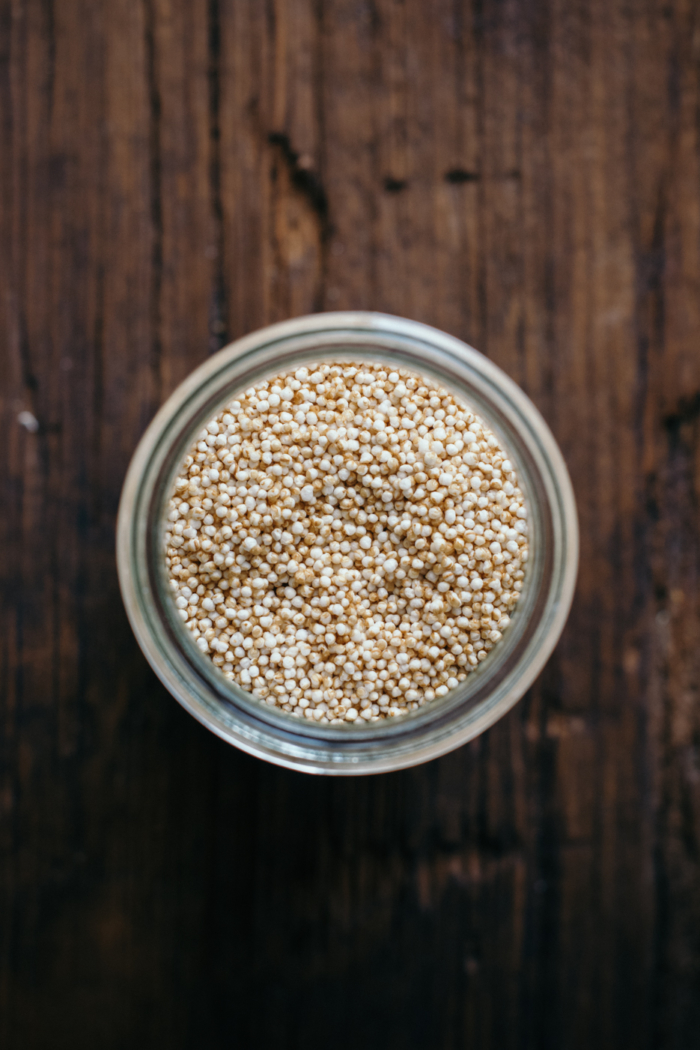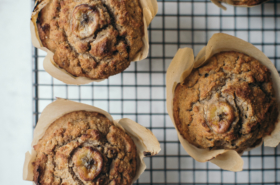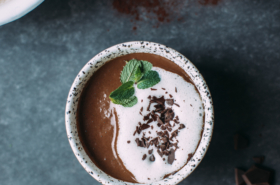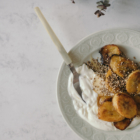One of the first things I was surprised about when I moved to Berlin was the price difference in supermarkets compared to France – well, when you arrive after one year in Paris, it’s actually not so hard to find cheaper -. The diversity of alternatives to a “classic” diet was also so much bigger, and possibilities to eat organic much more affordable. At that time, my consumption of organic products was still occasional, mostly because I was broke, but also because my convictions and opinion about the topic were not really shaped yet. I still started to buy organic food from time to time when I was in Paris for my last year as a student. As I was paying an arm and a leg every time I was going to groceries, or losing half a lung because of pollution, I thought that eating a bit healthier and organic wouldn’t dig so much further into my bank account. I was mainly going to organic shops to buy specific flours , a few superfood products, as well as fresh products like tofu, soy-based foods, or the ones I couldn’t find in a casual supermarket.
I’ve started to shape more my convictions and eat organic on a regular basis when I moved to Berlin, as prices were also way more affordable. A few blogs that I’m following as well as books I’ve read also helped to convince me about the fact that beyond the environmental impact, favouring an organic diet was impactful on our body and the quality of our dishes. I’m aware that an organic certification doesn’t make everything and that in spite of the absence of pesticides or chemicals in them, environmental impact and nutritional apports aren’t better if I decide to buy organic fruits or veggies coming from the other side of the world, which are probably foraged before to be ripe.
A few books that raised my awareness about perks of eating organic:
• My New Roots, Sarah Britton
When I got this book I started to get more into holistic nutrition, as well as getting aware about the importance of choosing sane ingredients to put in my plate. Recipes are easy, nutritious and seasonal.
• “Vous êtes fous d’avaler ça!“ , Christophe Brusset (I think this one is only available in France)
The author is working in agro industry for decades and denounce in his book all the bd practices that industrials are hiding from us, mostly to make bigger profit on their products that we’re eating. Even though all of this is not new, this book is a slap straight to the face and really incites readers to reconsider some products they are used to eat.
• Eat pretty, Jolene Hart
This book is also focused on the meaning of holistic nutrition and well-eating. Powerful superfoods and healthiest aliments that have the biggest impact on our body are clearly presented, coming along with their benefits, and the way of using them to boost our immun system, to help to balance hormons, or to get a clearer skin.
For now, organic products may represent around 60% of my alimentation simply because I can’t afford to eat completely organic, and also because the difference between organic and non-organic is sometimes inexistant for some products.
My tips to eat organic for less money
When introducing more organic products into my diet, I also tried to limit useless price supplements in order to be as close as I could from non-organic product prices. Here are a few tips and habits that I usually try to apply, and then to avoid to set my bank account on fire:
• Limit refined products: the price difference between organic and non-organic products is even bigger when we buy refined products and prepared dishes as falafels, biscuits, spreads, … Because of fabrication costs but also because of the packaging. Instead of paying 4€ for a pack of 5 tiny organic falafels, I just make them myself with organic uncooked chickpeas and I get 3 times more for a cheaper price.
• Favour raw and seasonal products: to follow the previous point. The price difference between organic and non-organic zucchinis is sometimes ridiculous, in spite of people prejudices. Most of the organic products that I buy are fruits, veggies, seeds, nuts and cereals, and when I watch out for what I’m buying, I can end-up with a pretty correct bill. With a supply always getting wider, we also tend to forget that consuming seasonal products is one of the first things to do if we want to become more eco-friendly or to eat tasty products with optimal prices.
• Products in bulk: favouring products in bulk also helps to minimise extra costs coming from packaging. It’s also way better for environment and you can take only the quantity you need. For instance, a few days ago I paid 3,5€ for 500g peanuts. Beyond the hassle of the peeling part, peanut shells are pretty light and my homemade peanut butter costed almost 2 times cheaper than the one I could have bought.
• Be careful with brands and packagings: it’s pretty funny for me to write those lines as I’m used to be the worst marketing victim and I’m in the middle of a shop. Even if in some cases brand can be synonym of quality, an entry-level product will always be cheaper and not obviously worst. Marketing costs for entry-level products are most of the time smaller than for big brands, which means that even though the packaging is not appealing, the ingredients inside can be the same, or even better. You can check that for instance by taking two packs of uncooked chickpeas: one from a big brand and one from the shop’s subsidiary brand. The chickpeas from the big brand are imported from China, meanwhile the ones from the shop’s brand come from Italy…and are 2 times cheaper! Personally, my choice is easily made…
• Bring your bags: instead of buying every time useless bags that will probably rot in a corner after you used them. I always try to bring one or two tote bags when I go to groceries. For the fruits and veggies in the shop, I try to limit to take them as much as I can, even when they are in paper. When the products are big and clean, like apples for instance, I just take them like this and put them in my bag.
• Go to farmers market: buying organic products at a farmers market is even more economical, in particular when it comes to fruits, veggies or fresh herbs. You can also easily know where the products come from and producers offer quite often some other products, even more at the end of the day. Win-win!
• If I can’t afford to buy an organic product: if I can’t afford to drop 10€ for organic chicken for instance, I try at least to choose free-range chicken or even better, local chicken. Same for eggs, so that I know a bit better what I’m eating and where it comes from. Plus, it helps local producers and short supply circuits.
Sometimes it still happens that I spend a sh*t load of money for organic food, but it’s mainly for specific and expensive products like coconut sugar or oil, raw cacao or superfoods. I’m using those ingredients on a regular basis for my diet, my recipes and also to balance my nutritional intake, but it’s totally optional and somehow a luxury that I get from time to time.
What organic foods to buy?
When my budget is too tight, I try to buy only the most important produces in organic shop, which means the ones that are usually the most prone to be full of chemicals. Beyond the absence of pesticides in organic fruits and veggies, their load in antioxydants can be up to 69% higher than in non-organic ones. To get a clearer idea about it, here is a list of aliments that are recommended to be eaten organic:
• Strawberries
• Stone fruits: peaches and nectarines
• Potatoes
• Spinach, salad, Kale
• Apples and pears
• Grape
• Cherries
• Tomatoes
• Bell peppers
• Beef and chicken meat: traditional farming animals are often fed with antibiotics and hormones, which stay in the meat then can have effects on our body. Eating organic meat is particularly recommended for women with hormonal imbalance for instance.
• Dairies: same here.
• Whole cereals
• Nuts and seeds: ,rather optional, but I prefer to buy them organic as much as I can, particularly when I make my own nut milk or nut butter.
For fruits and veggies, you can take a look on the full list established by the Environmental Working Group.
What foods don’t need to be organic?
Some other foods are almost not or not at all exposed to pesticides. Eating them organic or not won’t make a huge difference.
• Avocados
• Pineapples
• Onions
• Cauliflower and cabbage
• Asparagus
• Mangos
• Eggplants
• Kiwis
• Melon
• Grapefruit
You can also check the full list on Environmental Working Group’s website.
If you don’t have the possibility, the money or the desire to eat organic, consuming seasonal products and local products – like fruits and veggies coming from your local producer, regional honey or cheese made by the local creamer-, is already a big step into a more responsible consumption: less impact on the planet, clearer traceability of products, help of local economy and often much tastier products compared to the imported ones!
Feel free to react to this blog post and share your opinion in the comments!

